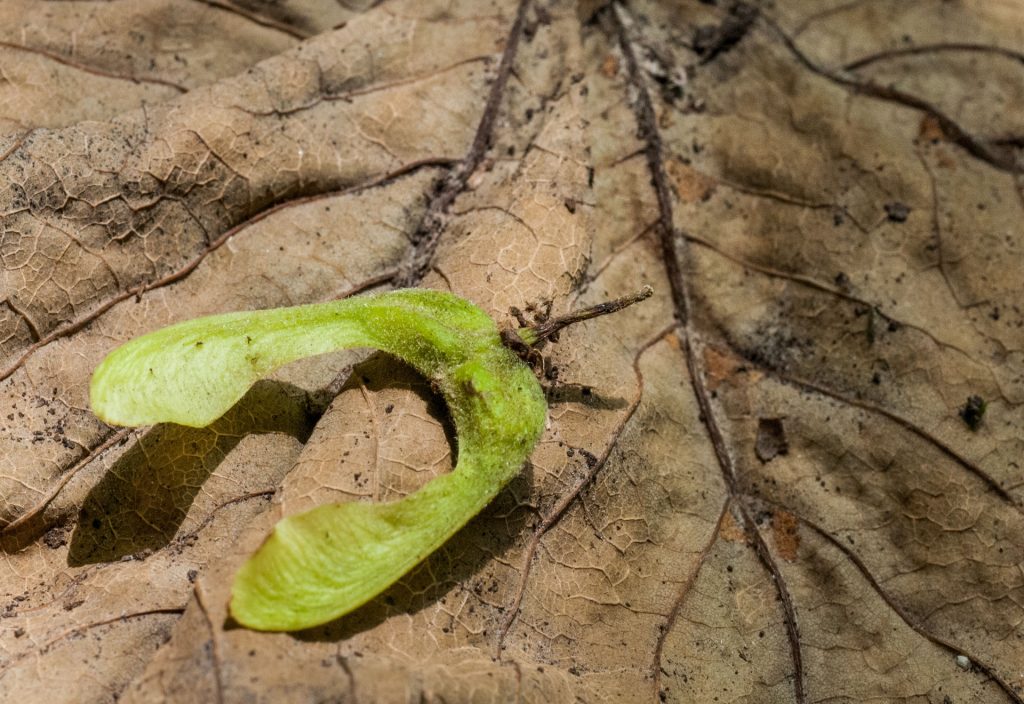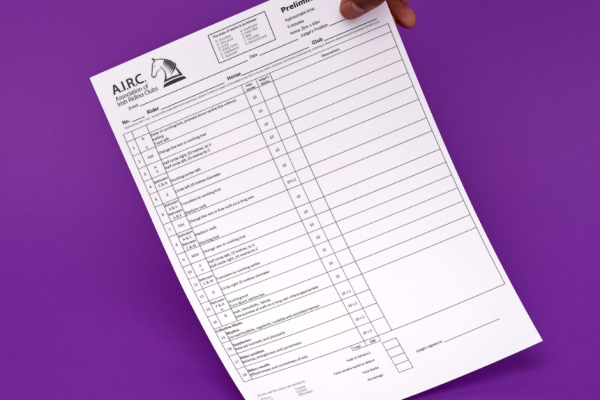Members of affiliated clubs are reminded that sycamore seeds ingested by horses can lead to poisoning or equine atypical myopathy and can be fatal for them.
The toxin hypoglycin can be found in sycamore seeds, which are informally known as ‘helicopters’.
The symptoms of equine atypical myopathy include – the sudden, unexplained onset of muscle stiffness, weakness, rapid heart rate, laboured breathing, sweating, blood in urine, and horses lying down unable to get up again.
Symptoms generally present for 12 to 72 hours and it is often initially diagnosed as colic.
The Agriculture Department has advised in previous years to take the following preventative measures such as:
- Avoid overgrazing of pastures
- Feed additional forage eg hay in the overgrazed pasture
- Limit turnout to less than 12 hours per day during autumn and early spring
- If feasible, remove the horses from pastures where sycamore or other maple trees are growing during the risk period.

Horse owners should check their pastures regularly at this time of the year and if you find seedlings in any grazing paddocks, one of the most effective ways of removing them is by hoovering them up from the ground – usually by hand.




